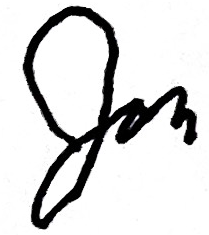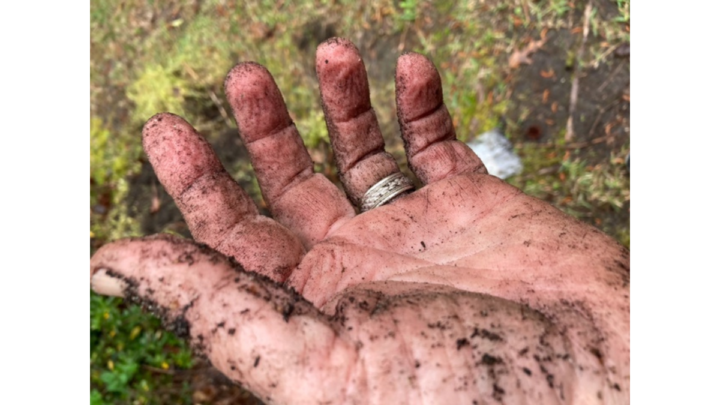“Listen carefully: Unless a grain of wheat is buried in the ground, dead to the world, it is never any more than a grain of wheat. But if it is buried, it sprouts and reproduces itself many times over. In the same way, anyone who holds on to life just as it is destroys that life. But if you let it go, reckless in your love, you’ll have it forever, real and eternal.’ John 12:24-25 | MSG
Just last week, on Good Friday, I went outside to our backyard with a purpose. There, in the cool air and misty rain, I tackled something which, quite frankly, I had procrastinated about since the end of last summer. (For some reason, last fall was sort of busy.) It was time to clean out the leftovers of last summer’s raised bed garden and prepare for something new. As the songwriter Dan Wilson once noted, “every new beginning comes from some other beginning’s end.” And so the things which had taken root in the fall and winter were removed. The soil was tilled over and over by hand. A couple of bags of Black Cow were worked into the soil to enhance its germination capacity. The song lyrics of Lyle Lovett seem appropriate to me now: “You got to bury the seed in the earth, my friend, if you want the thing to grow.”
Many have noted that the biblical record of God’s interactions with humanity begins and ends in a garden. Whether it’s the story of the creation of Adam or John’s vision of a new heaven and a new earth, God seems quite comfortable with his hands in the dirt.
The faint echoes of Ash Wednesday can still be heard if we will only grow still.
Remember that you are dust, and to dust you shall return.
A well-known poet and farmer from the state of Kentucky, Wendell Berry, frames it this way.
A healthy farm culture can be based only upon familiarity and can grow only among a people soundly established upon the land; it nourishes and safeguards a human intelligence of the earth that no amount of technology can satisfactorily replace.
If we think about the landscape of our district, this one significant little patch of God’s garden, we have to agree with Wendell Berry. No amount of technology can ever replace what we learn as we mix and mingle with the people where we live and work and occasionally play. Technology is helpful in many ways, but a healthy landscape, where the seeds of the good news of Jesus Christ can be flung with abandon, calls us to be where our feet are.
We are called to inhabit our communities like a gardener. The harvest (ultimately) is God’s doing. The tilling, planting, and tending are given to us as gifts. Our call to “make disciples of Jesus Christ for the transformation of the world” will mean getting close enough to the work that the soil of our communities will be visible under our fingernails at the end of the day. And best of all, The Lord of The Harvest is with us.
How Sweet The Sound, Jon (the Methodist)
Jon (the Methodist)

